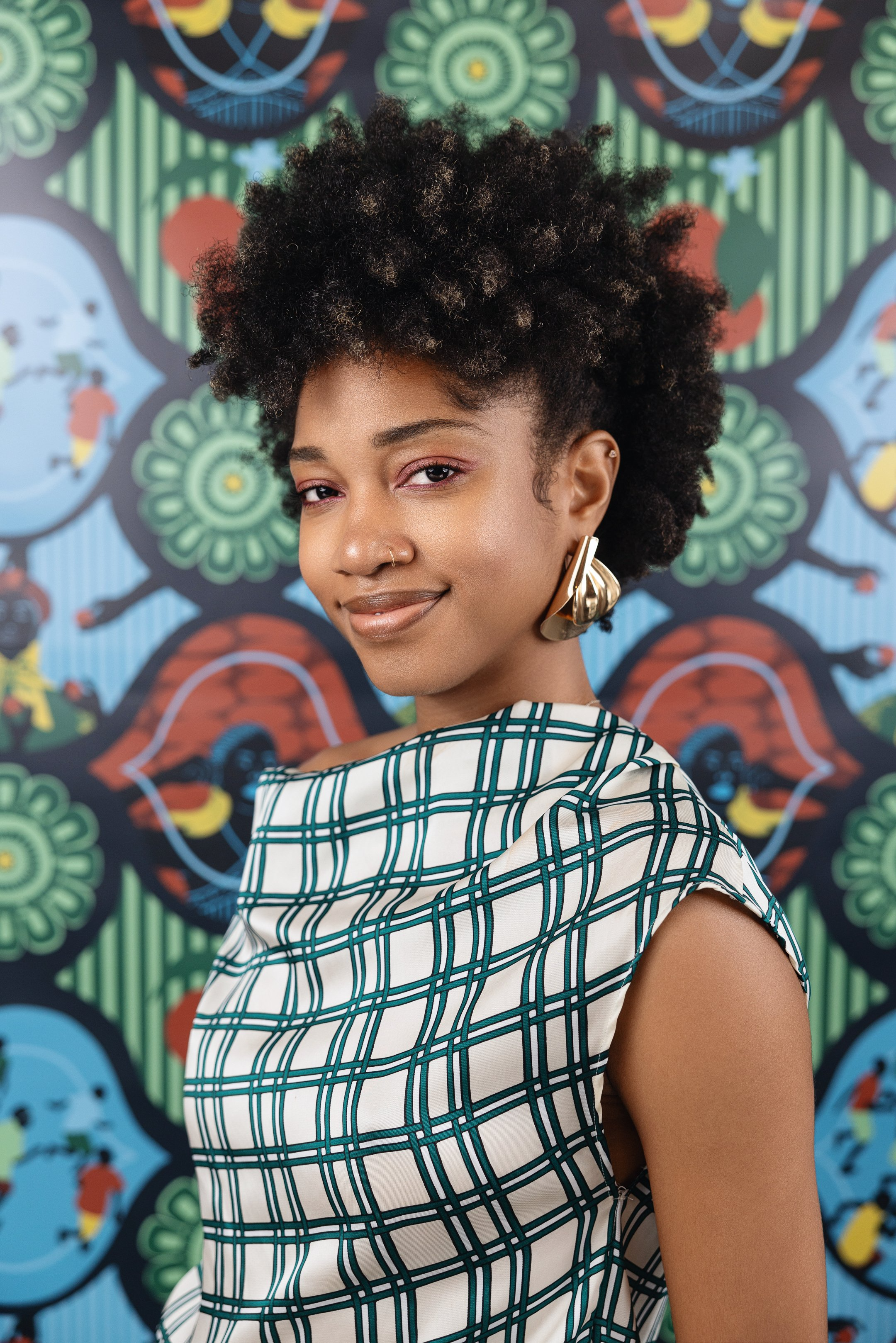
ABOUT ME
Hey there! My name is Andra Brown. I am a Black woman; a native New Yorker from the Bronx; and a first generation, child of Jamaican immigrants, who happens to love all things related to building intimacy, self-discovery, & care. I am a creative at heart, which informs the work that I do. I absolutely love the art of fashion, styling & creative directing. Fun fact: back in the day I used to be a fashion blogger, and model. I also am a big music enthusiast, and absolutely LOVE dancing. Catch me in the middle of the dance floor, always!
My creative eye & ear is what fuels my desire to help my community envision a life filled with color, & care. I’ve personally seen in my own Black immigrant family how systems of oppression convince us that our lives should be ruled by labor, and overworking, as a means of achieving so-called “peace” & stability. Parents, who’ve worked 16+ hr shifts a day, older siblings who own businesses & work multiple jobs, who then struggle to engage in rest when the work day is over - seeing your loved ones go through this ain’t easy. Experiencing it yourself is even harder. Nonetheless, it’s what pushed me to embark on my own healing journey, & come to terms with the fact that these lies are costing us our health & liberation. We do not, and should not, have to choose between embodying care, and following our callings.
As far as education & training, I attended Syracuse University and received my BS in Psychology & Human Development Family Science, with a minor African American Studies. I later attended New York University and received an MA in Mental Health Counseling & Wellness. After completing my internship & 2,000+ hours towards licensure at various private practices throughout NYC, I received licensure from the NYS Board. I went on to do intensive training with the River Institute & received basic training in Eye Movement Desensitization & Reprocessing Therapy (EMDR). My training also involves attending various anti-oppressive courses, groups, + workshops that centered supporting BIPOC folx from a culturally sensitive, trauma-informed lens.
